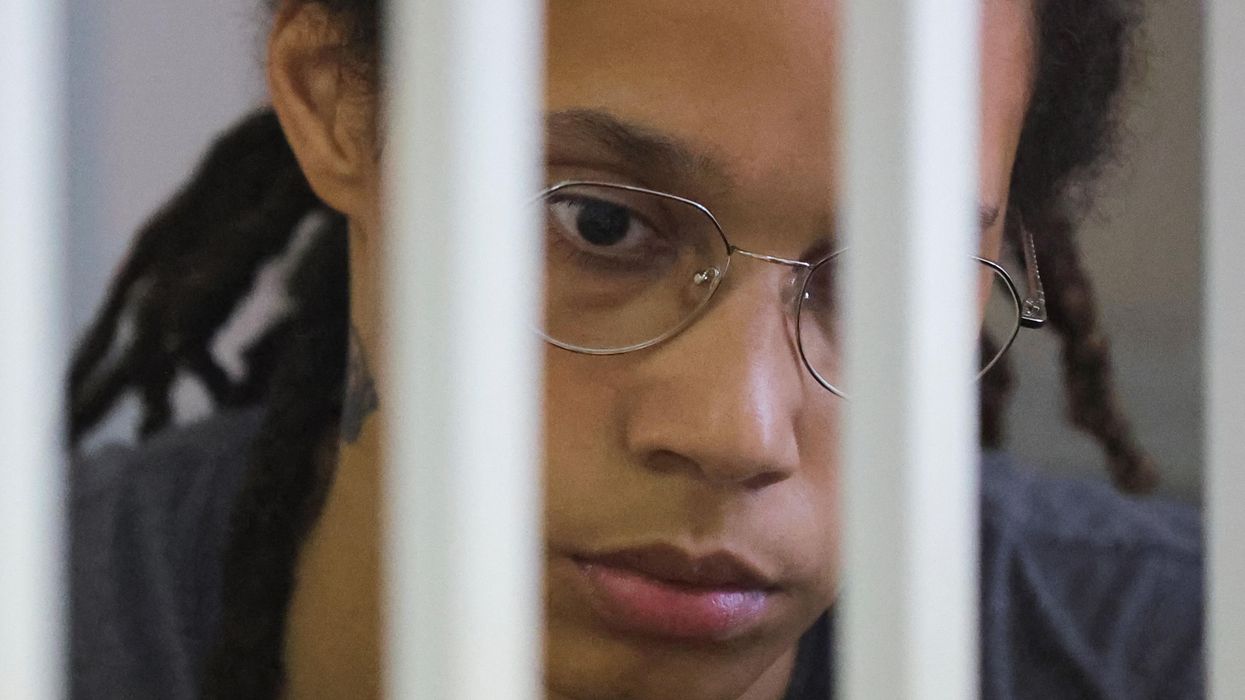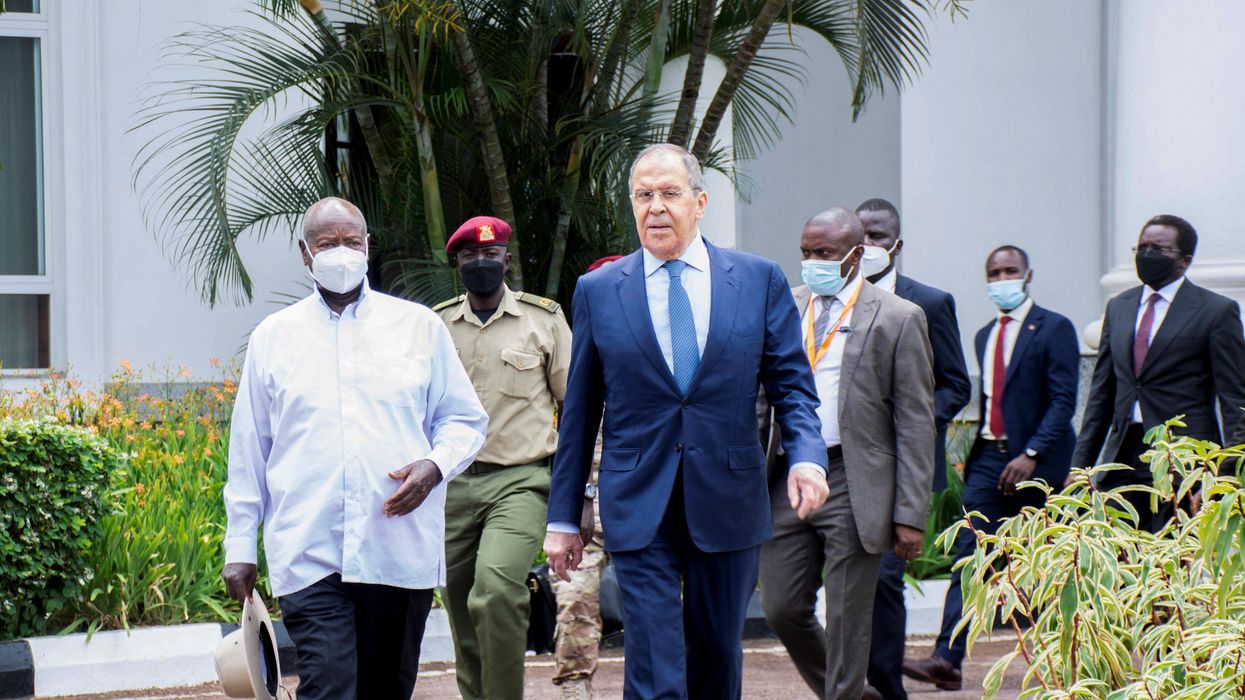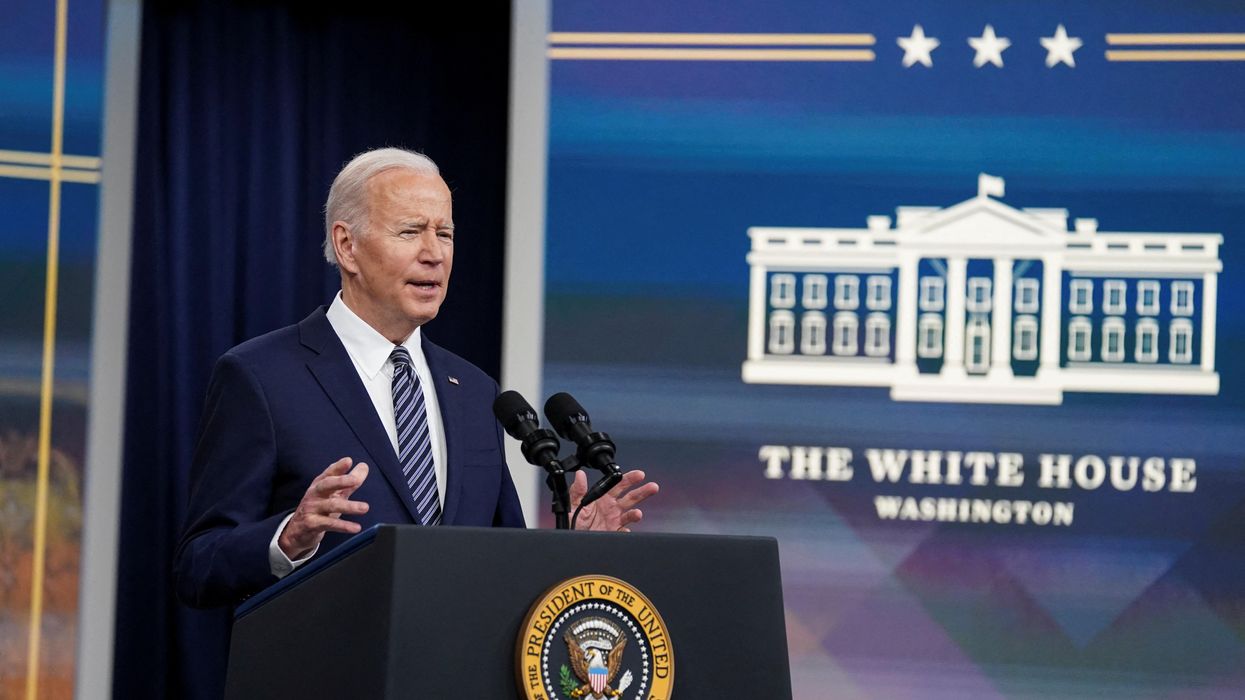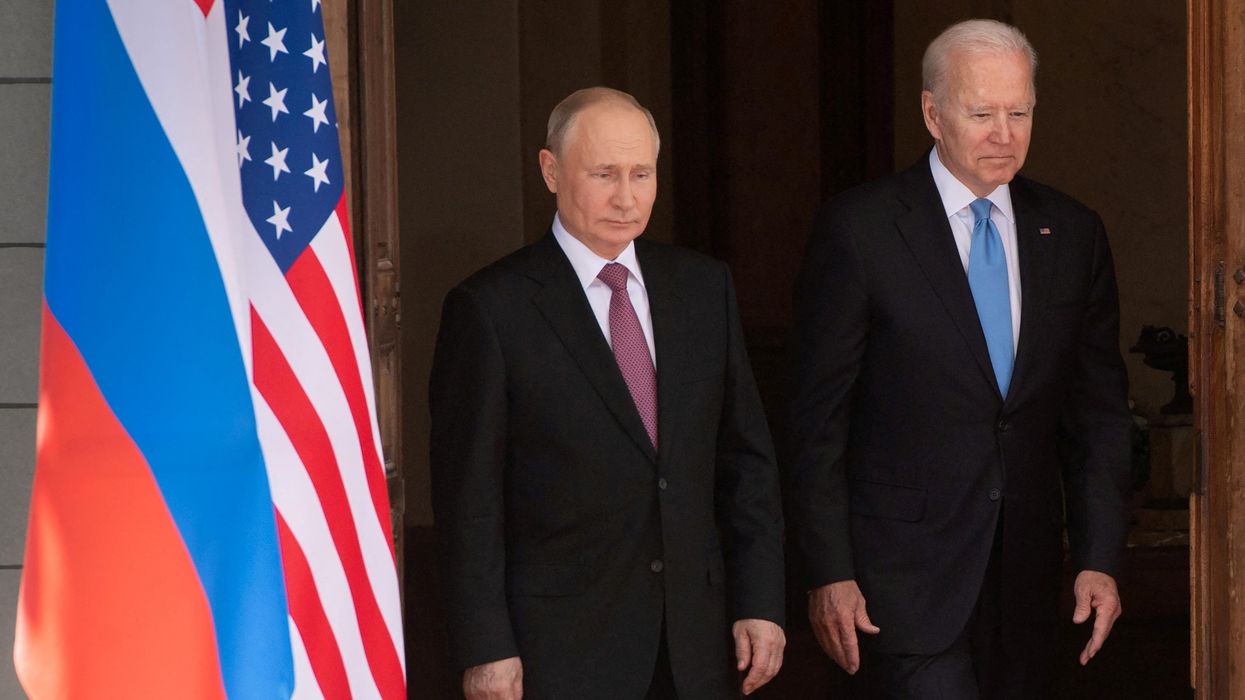Quick Take
Ian Bremmer on Putin and Tucker
What happened when Tucker Carlson met Vladimir Putin? Was it news, propaganda, theatre, or all three? Ian Bremmer breaks down what you need to know now in his latest Quick Take. Ian weighs in on Carlson's highly-anticipated interview with Putin and why it revealed what he and all other megalomaniacs have in common. The two-hour sit-down dropped to much fanfare from all sides of the political spectrum. Will there be any fallout from Putin’s first interview with an American since the start of the “special military operation” in Ukraine?
Feb 09, 2024





